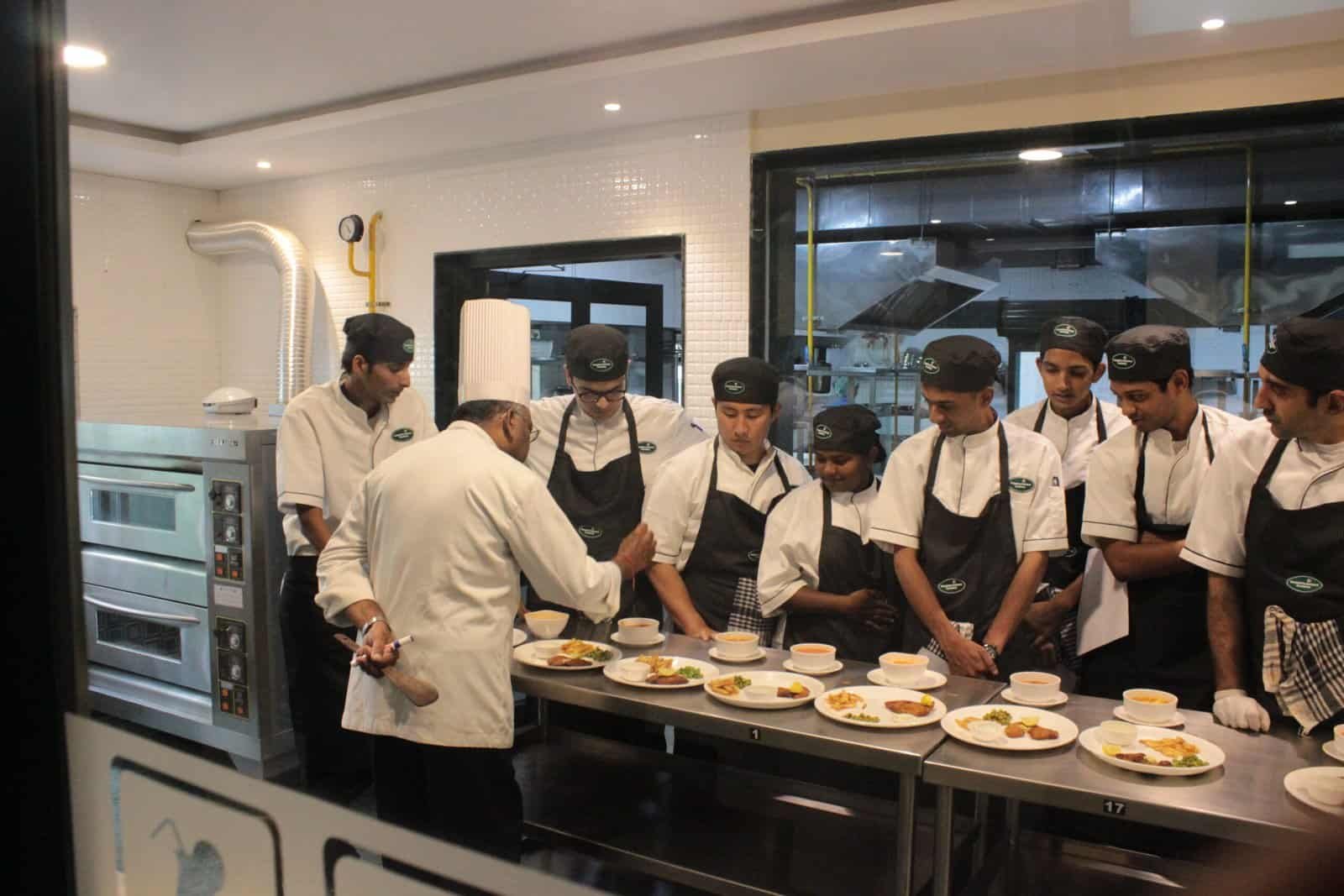Ανοικτά Ακαδημαϊκά Μαθήματα στο Πανεπιστήμιο Κρήτης
Master the Culinary Arts: Explore Top Chef Courses

In today’s fast-paced culinary world, passion alone is no longer enough to thrive in the kitchen. Aspiring chefs need professional training and industry exposure to stand out. This is where quality chef courses come into play, equipping future culinary stars with the knowledge, skills, and discipline required to shine in top restaurants, hotels, or even launch their own food ventures.
Why Take a Chef Course?
Chef courses offer structured learning that goes far beyond basic cooking skills. From knife techniques and kitchen hygiene to world cuisines, plating artistry, and food science, these courses transform cooking enthusiasts into seasoned professionals. They also provide valuable credentials, often required for jobs in reputed hotels, cruise lines, and Michelin-starred restaurants.
Moreover, with the global culinary landscape evolving rapidly—embracing sustainability, fusion cuisine, and technology—professional training helps chefs stay ahead of trends and innovate confidently.
What to Expect from a Chef Course
Most professional chef courses combine theoretical learning with hands-on practice. Here's what a standard curriculum might include:
- Culinary Foundations: Knife skills, sauces, stocks, soups, and classic techniques.
- International Cuisines: Italian, French, Asian, Mediterranean, and more.
- Bakery & Pastry: Bread-making, confectionery, chocolate work, and patisserie.
- Nutrition & Food Safety: Essential for creating balanced, hygienic dishes.
- Plating & Presentation: A key skill in today’s Instagram-driven food culture.
- Menu Planning & Cost Control: Crucial for aspiring restaurateurs.
- Internship Opportunities: Hands-on experience in real-world kitchen environments.
Advanced programs may also include molecular gastronomy, wine pairing, and culinary entrepreneurship.
Benefits of Enrolling in Professional Chef Courses
- Industry-Recognized Certification
Completing a chef course from a reputed institute boosts your resume and opens doors to elite culinary establishments. - Skill Specialization
Whether you’re passionate about Italian cuisine, fine dining, pastry arts, or sustainable cooking, you can tailor your course to focus on your strengths and interests. - Networking Opportunities
Culinary schools often have strong industry ties, offering internships and mentorships with top chefs and restaurants. - Global Career Prospects
With internationally accredited training, your skills become portable—allowing you to work anywhere in the world. - Entrepreneurial Training
For those dreaming of opening a café or cloud kitchen, many courses cover business essentials, from budgeting to branding.
Choosing the Right Culinary School
When selecting a culinary institute, consider the following:
- Accreditation: Ensure the school is recognized by national or international culinary bodies.
- Faculty Experience: Experienced chefs bring real-world insights to the classroom.
- Facilities: State-of-the-art kitchens and labs enhance hands-on learning.
- Industry Connections: Strong placement support and partnerships with hospitality brands can accelerate your career.
Spotlight: Bangalore Culinary Academy
If you’re serious about a career in the culinary arts, the Bangalore Culinary Academy offers some of the most comprehensive and industry-relevant chef courses in India. Located in one of the country’s most dynamic food hubs, the academy blends international techniques with local flavors, preparing students for the global stage.
Key features include:
- A wide range of diploma and certificate programs
- International curriculum with hands-on training
- Faculty with global culinary exposure
- Excellent placement support with top hotels and restaurants
Whether you’re a beginner or a professional looking to upskill, their chef courses cater to all levels of expertise.
Career Paths After Completing Chef Courses
A professional culinary course can unlock diverse roles in the food and beverage industry. Here are a few exciting paths:
- Executive Chef: Lead kitchens and manage culinary teams.
- Pastry Chef: Specialize in desserts, chocolates, and baked goods.
- Food Stylist or Blogger: Combine culinary skills with creativity and media.
- Restaurant Owner: Launch and manage your own food business.
- Nutrition Chef: Work in wellness spaces or design health-centric menus.
- Cruise Line or Airline Chef: Travel the world while cooking at sea or in the air.
With food culture booming across the globe, there’s never been a better time to turn your culinary passion into a full-time profession. Chef courses are the bridge between hobby and career, turning raw talent into refined expertise. Whether you dream of working in a five-star kitchen or starting your own brand, professional training is your recipe for success.
